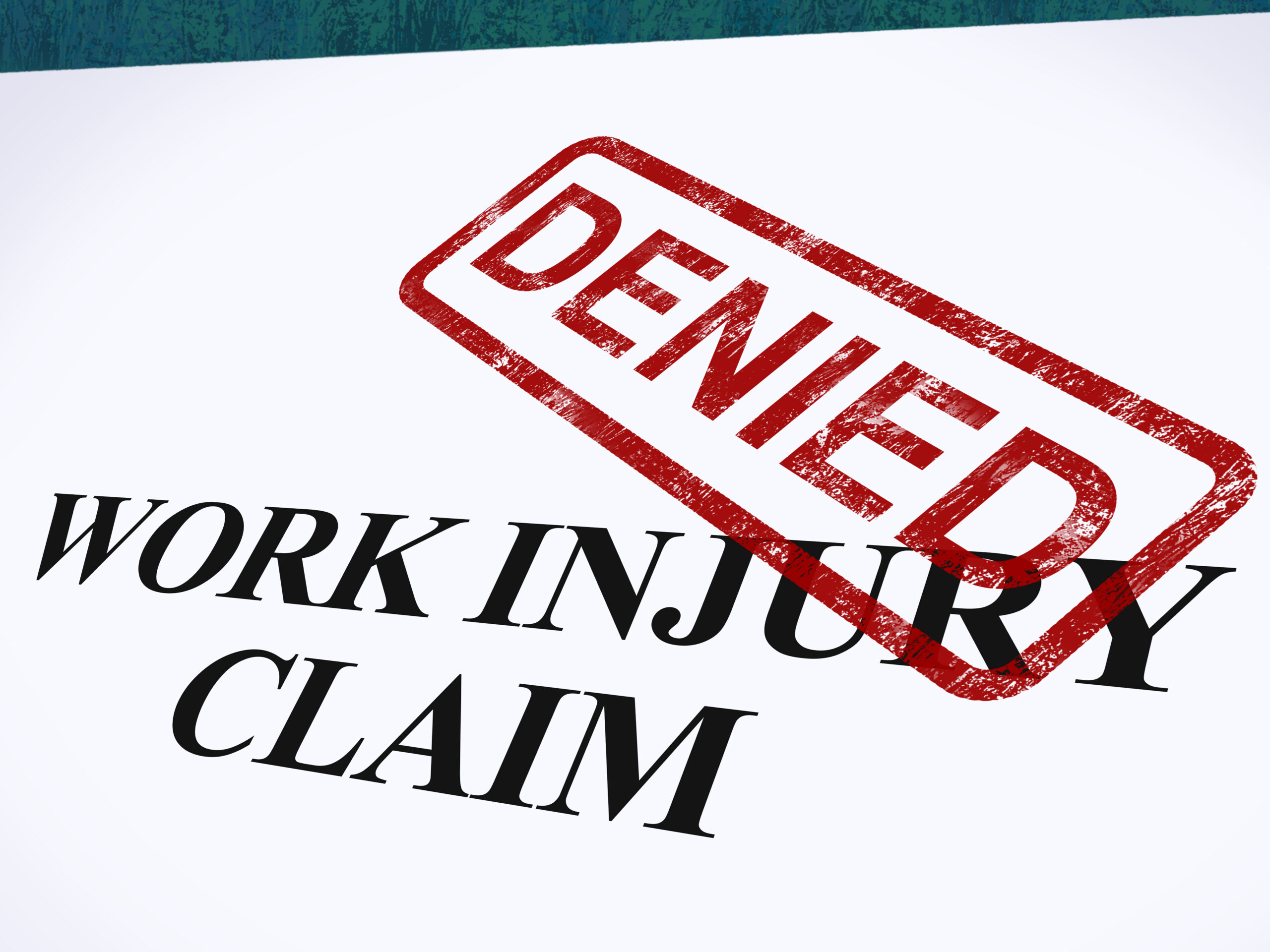What if I Cannot Return to Work After an Injury?
June 9, 2023
When you have reached the point of maximum medical improvement (MMI) and cannot return to work, you could be entitled to permanent Workers’ Compensation benefits. However, nothing is automatic, and there are numerous hurdles that the insurance company can put in your way. If you are permanently disabled and unable to return to work, you may need legal help.
The Independent Medical Examiner Would Decide About Your Work Capacity
The insurance company may send you to an independent medical examiner. The medical examiner would give you a disability rating based on the extent of your injury. You would get a disability rating for any type of permanent impairment. You may not be able to return to your job, even if you are less than 100 percent disabled. Your employer could change your position to accommodate your disability. You could also return to work, subject to restrictions. However, you may still be unable to do your job with a partial disability.
What Happens When the Doctor Says You Cannot Go Back to Work?
If a medical examination shows you cannot return to work, you may pursue permanent benefits. The insurance company may try to settle your case, but they cannot do it while you would still benefit from additional medical treatment. Insurance companies generally do not like to give permanent benefits if they can avoid it, so they may try various ways to dispute your claim.
If you qualify for a permanent disability payment, it would be based on your disability rating and future medical costs. If you are 100 percent disabled, you may be entitled to your full weekly benefits. If you are less than fully disabled, the full weekly benefit would be multiplied by your disability rating to reach your weekly payment amount. The insurance company is financially incentivized to rate your disability as low as possible, but you can dispute their conclusions with your medical evidence. If you cannot agree on the extent of your disability, you can fight the insurance company in front of the Maryland Workers’ Compensation Commission.
You May Negotiate a Settlement With the Insurance Company
The insurance company would want to close the claim and take it off their books, so they would likely try to reach a settlement agreement. You may not be paid your entire amount of future benefits upfront. Instead, you would receive the present value of those future payments. You need to negotiate the exact settlement with the insurance company, which may discount those future payments at a higher rate.
Before settling a claim, you would need approval from the Workers’ Compensation Commission. You may also need approval from the Centers for Medicare and Medicaid Services because Medicare is a secondary payor in Workers’ Compensation cases.
Baltimore Workers’ Compensation Lawyers at LeViness, Tolzman & Hamilton Can Help You
You may need a lawyer if you are still injured after you reach MMI. Our Baltimore Workers’ Compensation lawyers at LeViness, Tolzman & Hamilton can help you navigate the system. Contact us online or call us at 800-547-4LAW (4529) to schedule a free initial consultation.
We have offices in Baltimore, Glen Burnie, Lanham, and Owings Mills, allowing us to represent clients in Maryland, including those in Anne Arundel County, Baltimore County, Carroll County, Harford County, Howard County, Montgomery County, Maryland’s Western Counties, Prince George’s County, Queen Anne’s County, Southern Maryland, and the Eastern Shore, as well as the communities of Catonsville, Essex, Halethorpe, Middle River, Rosedale, Gwynn Oak, Brooklandville, Dundalk, Pikesville, Nottingham, Windsor Mill, Lutherville, Timonium, Sparrows Point, Ridgewood, and Elkridge.

